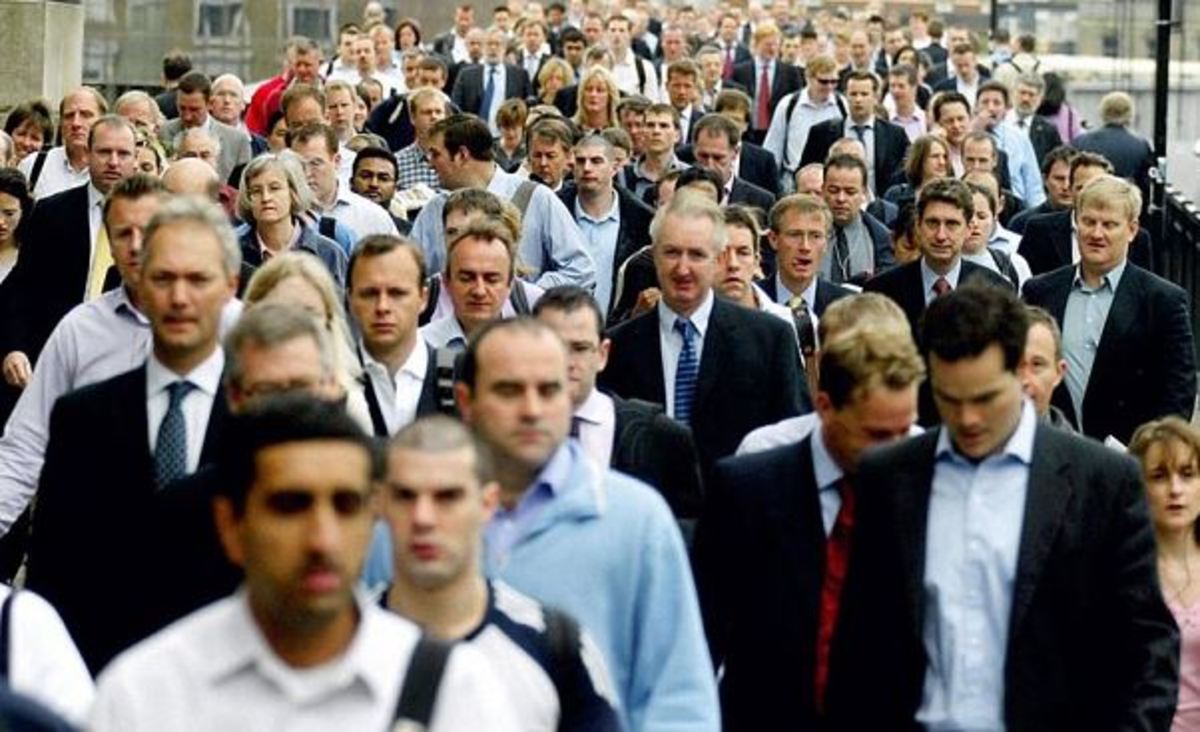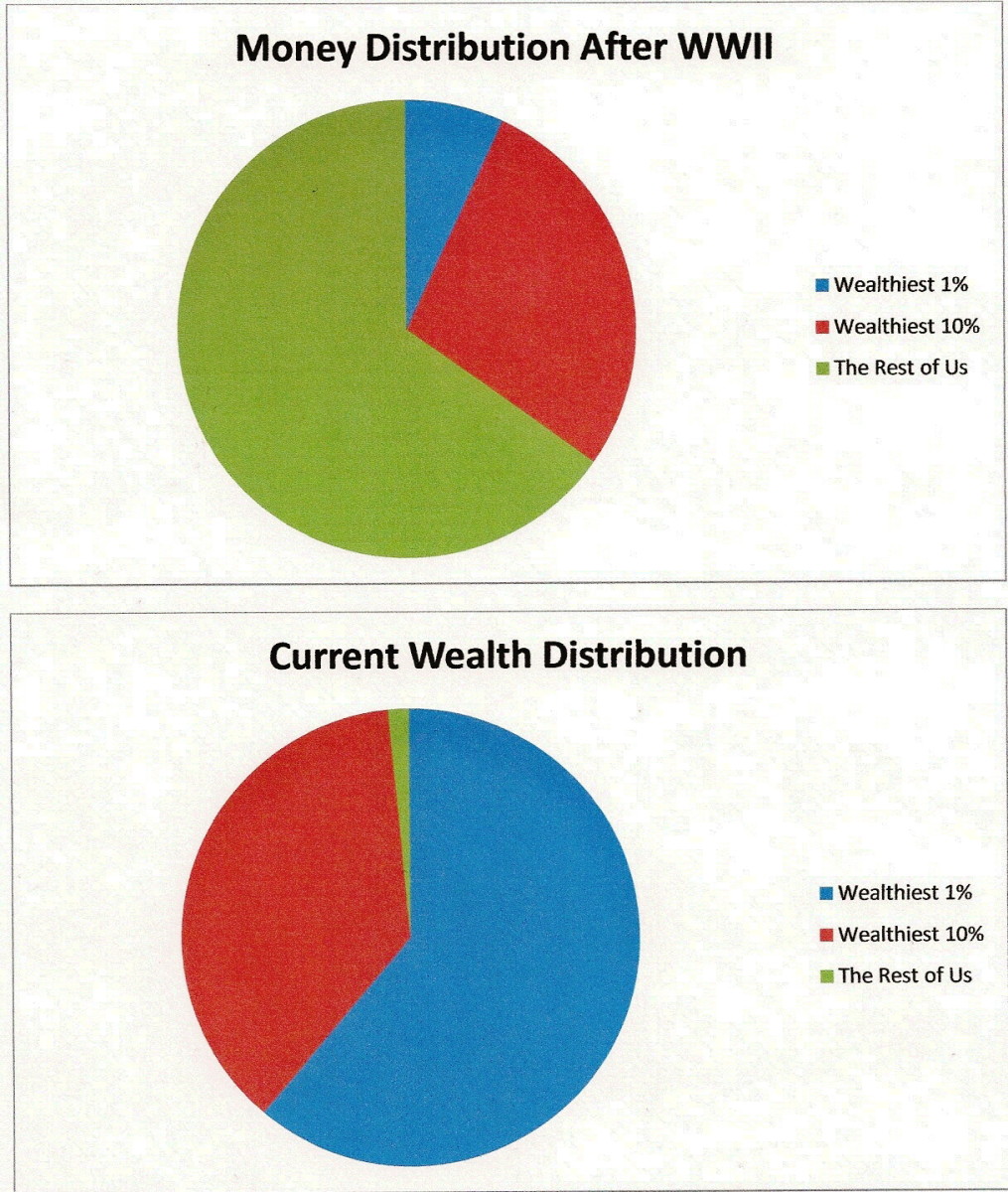Some Thoughts on Free Markets, Apple, iPhones, and GoodGuide
Global is local or vice versa.
When I was in high school I opened my first small business. I sold used hubcaps and wheel covers out of my parent's tire store. I would go out to the local auto wrecking yards and buy their hubcaps.
As the 80s wore on, front-wheel drive vehicles began to replace all of the old rear-wheel drive cars. The old hubcaps that would interchange forever wouldn't work on the new cars anymore. I had to find something that would.
Is the S for Slave Labor?

Global sourcing for local business.
I can't take credit for finding the first sources of after-market (reproduction) hubcaps and wheel covers. My father found the source while I was away at college. His research during one cold winter day when his business was slow, kept my little business profitable for many years.
The source was a little company in the San Francisco Bay area. Their sources were in Taiwan. While I expanded and found other sources as time went on, we did still use that first source the whole time I was involved with the business.
China shells off-shore Taiwan
While it seems like everything is made in China these days, it wasn't that long ago that everything we saw was branded "Taiwan, ROC." That would be Republic of China. Now, the People's Republic of China (the mainland) hasn't had a happy relationship with their freer brethren of Taiwan since the losers in China's revolution fled there.
During the 1990s, China staged some naval doings off of Taiwanese islands and did a fair amount of shelling and land bombardment of some empty land. What it meant, in effect, was that Taiwanese manufacturers were cut off from the rest of the world for several months. It was during this period that I began to see more Chinese imports (vs Taiwanese).
Initial quality from China was horrible
Initially, the Chinese products were crap. They were cheaper, yes, but they were horrible. It took several months of feedback from their US customers to make the manufacturers understand that we were willing to pay more if the quality was better.
It also made me wonder if the whole military demonstration was to get a bigger foothold into the global marketplace for China. Looking back, nearly twenty years on, it is clearly the result of the naval bombardment. It may not have been the intended outcome, but that's what happened.
Slave labor vesus free?
While it has only been within that last 20 years or so that the Taiwanese government seemed to really open up, China's government has not. While we're complaining about SOPA, the restrictions on the Internet in China make SOPA look like our parental controls on a browser.
Reading a story in the New York Times about Apple's manufacturing in China really brought this to my mind this morning. In it, Apple executives bragged about how quickly Chinese manufacturing could respond to changes in designs. At one point, to respond to a iPhone screen change, "A foreman immediately roused 8,000 workers inside the company’s dormitories, according to the executive. Each employee was given a biscuit and a cup of tea, guided to a workstation and within half an hour started a 12-hour shift fitting glass screens into beveled frames. Within 96 hours, the plant was producing over 10,000 iPhones a day."
I may complain about my boss, but...
I gripe about work on a regular basis. I think most of us do. But the "company store" from the past never was the "company barracks." Nor were the workers compelled by threats from the central government (OK, there were times when that happened in US history, but it's not the rule).
I heard a story on NPR a while back about Goodguide.com. They scientifically rate companies and products based on their manufacturing methods, ingredients, and disclosure of those elements. How did Apple stand up? Well, it's "Society" rating on a 1-10 scale is 5.1 and it's "Environmental" rating is a "6.5" for an overall "Scientific" rating of 5.8. I guess waking people up in the middle of the night to make phones isn't very "Scientifically" nice either.
Sadly, Apple is middle-of-the-road for most manufacturers. It's miles above the worst, but it's got a long way to go before it's up with the leaders.





